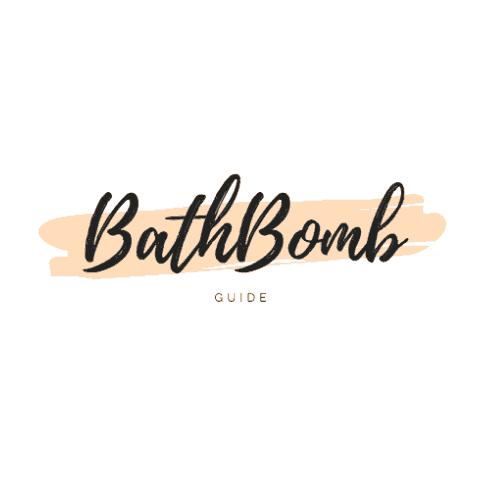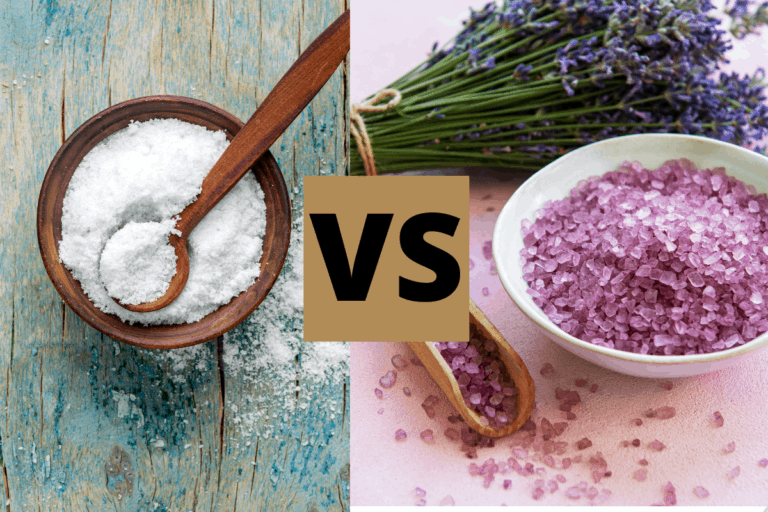How to make soothing bath salts
Bath salts are a great way to relax and take care of yourself. You can make your own bath salts from natural ingredients like Epsom salt, sea salt, baking soda, essential oils and/or herbs. They’re inexpensive to make and they smell great! Plus, you have more control over the consistency of your bath salts-instant relaxation just in time for summer!
What are bath salts and why should you use them?
Bath salts are exactly what they sound like-salt dissolved in water. Bath salts have been used for thousands of years to soften skin, aid in sore muscles relief and joint pain, reduce stress/tension and help overcome insomnia. They also make a great foot soak if you’re not into taking baths!
How can I make bath salts?
You probably have the main ingredient for making your own bath salts-salt! You can add coloring and fragrances to plain Epsom salt or sea salt (natural or organic is best). You can buy or grow herbs, then dry and powder them. Herbs like lavender, peppermint, rosemary and chamomile make great additions to your homemade bath salts as well. Baking soda may also be added to increase pH balance for the skin.
Bath salt recipes can vary from 1/4 cup Epsom salt or sea salt per gallon of water (with optional herbs and essential oils) -or- a smaller amount of a pre-mixed, natural bath salt (optional herbs, essential oils and coloring).
Mix it up in large batches and store it in glass jars or airtight plastic containers. You can add more to the water when you’re ready for the spa treatment! Use one cup per bath. Optional: Put your homemade bath salts in a muslin, lavender-scented bag for ease of pouring.
Bath salt recipes are available on several websites and in various books (The Healthy Maven has a few good ones). You can also use your favorite essential oils to make bath salts during the bathing process or add them to hot water for a soothing foot soak.
Ingredients to make your own bath salts from scratch
There really are very few things to consider in terms of ingredients for making bath salts. just a few items will do it, and you may even have them hanging around the house already. How coo, if you can make these straight away without having to go to the store.
Sea Salt or Epsom Salt
Baking soda (Sodium Bicarbonate)
Herbs and leaves of choice for aroma [e.g., lavender leaves or dried peppermint]
Essential oils of choice for aroma
How to make your own bath salts
a. Add your salts, epsom and/or sea, to a large mixing bowl. big enough to hold as much as you want to make in a batch
b. Now add your herbs and oils to the salt and mix well. You may get some clumps from the oils, but simply squeeze and break them down
er. That’s it, you’ve just made your own bath salts.
So now transfer them into the storage jars you want to keep them in. they will last indefinitely, but I have a feeling, it won’t be long!!
Store them in a cool and dry place away from moisture.
Now go fill up the tub and take the first of many hot bath with your very own, homemade bath salts
Benefits of using bath salts for relaxation
Bath salts can have many health benefits, particularly when it comes to decreasing stress and tension. In fact, simply soaking in a warm bath is known to lower blood pressure and heart rate in just 15 minutes! The soothing properties of the Epsom salt (magnesium sulfate) help soothe muscles and joints while the lavender essential oil is known to calm the body and mind.
The following are just a few of the many benefits that can be found in bath salts:
Cautions for using bath salts
Due to their high concentration, essential oils should be used sparingly in your homemade bath salt recipes. Just a few drops are required to do the job, and too much can also begin to degrade the salts too. Start by adding just a few drops [make a note of how many] and see how they perform, and if after use you feel the mixture could do with more, add extra accordingly in the next batch until your perfect the recipe to your preference.
Also, it is always important to exercise caution when using essential oils around children and pets as they can be quite caustic if used on the skin undiluted.
Make sure to keep bath salts in an airtight container and away from moisture to keep them mold-free. Do not use plastic containers if you plan to store the bath salts for more than a few months. Glass jars are best suited for long-term storage and are inexpensive enough.
Finally, it is important to note that bath salts should only be added to warm or hot water and not poured over the body directly.
Interesting facts about using bath salts
Much of Europe’s history involves healing waters, which attributed to the development of spas in places like Bath in England, Germany, Russia and Turkey. The Chinese are also known for their extravagant bathing rituals, using salt to purify the body and provide relief from health ailments.
Now you are a part of the bath salts culture as you embark on making your own.

